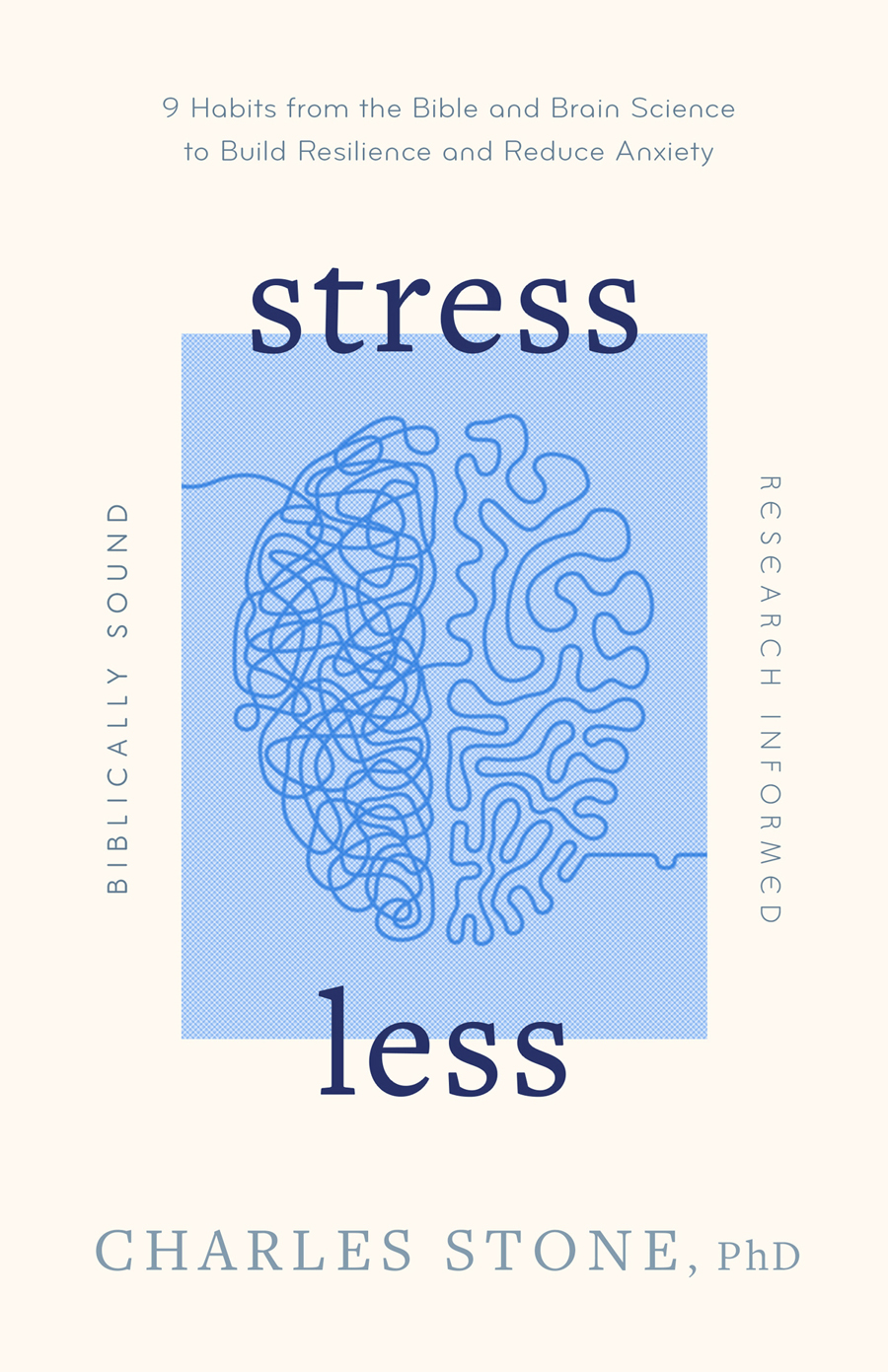In my 40 years in ministry, change management has been one of the most challenging tasks I’ve faced. Most pastors would probably agree. Recently I learned an insight about how people’s brains work that helped me see what I may have unintentionally overlooked when I initiated a change. This might be the hidden factor that most hinders change in your church.
Our brains are wired for us to want certainty in our lives. When something feels ambiguous or uncertain, we subconsciously feel threatened. When we feel threatened, it creates an away (avoid) response, rather than a toward (approach) response. In the case of church change, an away response might be negativity, fear, passive resistance, or complaining from people.
On the other hand, a toward response could be excitement, support, and good gossip, how we hope the church would respond. The more uncertain and ambiguous church change appears, the less support we’ll get and the more difficult the change will become.
So how we can we make church change less ambiguous and easier to bring about? I’ve listed some pointers below based on some recent findings in neuroscience.
- Stay close to your key influencers during the entire change process. Remember, the more threatened someone feels, the more they will resist change. Learn their unique personalities because some personalities respond better to change than others. (Brin Jr. & Hoff, 1957).
- Remain sensitive to characteristics that impact a person’s feeling of threat caused by the uncertainty change brings.
- The more politically conservative they are, the more they may feel threatened by change (Jost et al., 2008).
- The more personal anxiety they’re experiencing, the more threatened they may feel from change (Bishop, 2007).
- The lower a person’s self esteem, the more resistant they can be to change (Ford & Collins, 2010).
- Keep people informed with timely reports on how the change is progressing (helps minimize uncertainty).
- Cast a compelling vision on how the new change can make things better (a form of reframing current reality).
- Teach about characters in the bible who created certainty through faith, believing God was in control despite difficult circumstances and uncertain futures.
- Teach about how to keep a healthy Christ centered self-esteem.
- Teach on how to biblically manage anxiety (see this post on how).
What are some tips you’ve learned that have helped bring change?
Related Posts:
References:
Bishop, S. (2007) Neurocognitive Mechanisms of Anxiety: and Integrative Account. Trends in Cognitive Sciences, xxx (x), pp.1-10.
Brin Jr., O. & Hoff, D. (1957) Individual and Situational Differences in Desire for Certainty. The Journal of Abnormal and Social Psychology, 54(2), pp.225-229.
Ford, M.B. & Collins, N.L. (2010) Self-esteem Moderates Neuroendoctrine and Psychological Responses to Interpersonal Rejection. Journal of Personality and Social Psychology, 98 (3), pp.405-419.
Jost, J.T., Nosek, B.A. & Gosling, S.D. (2008) Ideology: Its Resurgence in Social, Personality, and Political Psychology. Perspectives on Psychological Science, 3 (2), pp.126-136.


